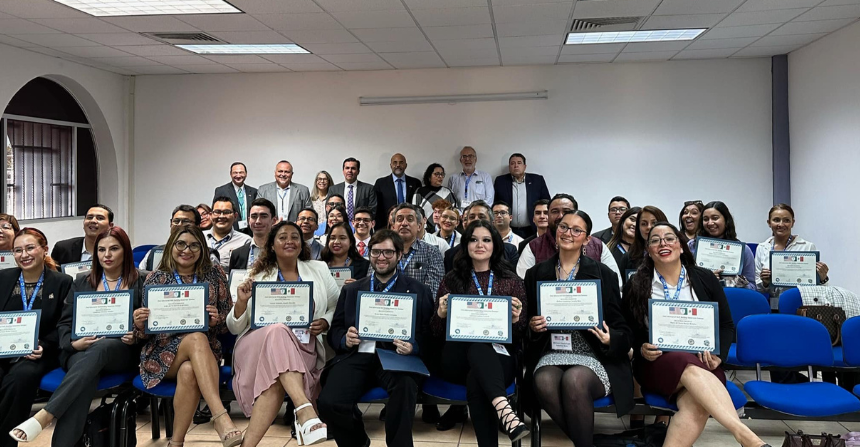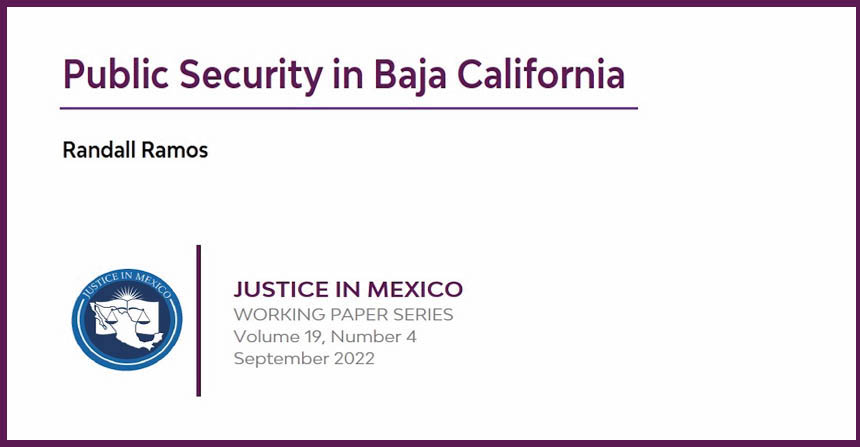Increased international attention from the media and human rights organizations to alleged abuses by Mexican soldiers against civilians could pressure the U.S. State Department and Congress to withhold funds from the Mérida Initiative, the US$1.4 billion aid package to help equip Mexican law enforcement agencies in their campaign against drug cartels. The Mérida Initiative was initially agreed to by Presidents Calderón and U.S. President George Bush in late 2007, approved in 2008, and reaffirmed under the new administration of President Barack Obama in 2009.
The Washington Post, which endorsed the Mérida Initiative in December 2007 shortly after it became public, ran an article on July 9 detailing alleged military abuses in Guerrero, Baja California, and Chihuahua, some in retaliation for killings of soldiers. Most of the alleged abuses took place when the victims were detained at military bases, highlighting the jurisdictional ambiguities that have arisen with the military carrying out public security functions. Human rights groups argue that, according to international law, suspects apprehended by the military must be turned over to the Attorney General’s Office for questioning and investigation.
The organization Human Rights Watch (HRW) sent a letter to U.S. Secretary of State Hillary Clinton asking that the U.S. government not certify that Mexico has adhered to human rights requirements defined by the U.S. Congress for the Mérida Initiative. According to the terms of the aid package, Mexico must show progress in prosecuting suspected human rights offenders, and nullifying evidence from testimonies obtained through torture. A consortium of Mexican and U.S. human rights groups have echoed HRW’s stance, arguing in a letter sent to the U.S. State Department that Mexico has failed completely in meeting the human rights requirements outlined in the Mérida Initiative.
The U.S. Congress has established that 15 percent of Mérida Initiative funds will be contingent upon a report by the Secretary of State to Congress that the Mexican government has met four requirements regarding human rights. One of these requirements stipulates that soldiers accused of committing human rights abuses be investigated and tried by the civilian justice system, not by the military’s own courts, as is now the case (See this month’s Access to Justice section for more information). To date, over $90 million has been withheld from the Mexican government, which early on in the bi-national talks regarding the Mérida Initiative insisted that it would reject any strings attached to the funds. An additional $24 million included in the supplemental budget signed by President Obama on June 24 is also subject to the requirements.
U.S. drug czar Gil Kerlikowske and Republican and Democratic legislators have expressed concern over the allegations, and have said that they will investigate. The White House has said that it is confident that Calderón’s government is making headway in its struggle with the drug cartels, while at the same time strengthening state institutions and minimizing human rights abuses. Border czar Alan Bersin also expressed concern over the accusations, but cautioned against jumping to conclusions. Nonetheless, the increased profile of Mexico’s human rights debate puts the Obama administration in an increasingly difficult position, potentially torn between supporting the Mexican government as has been pledged, and upholding the human rights standards of the Mérida Initiative in place since the funds were approved last year.
From the July Justice in Mexico Project’s Monthly News Report:
http://www.justiceinmexico.org/news/recent_news.php
SOURCES:
Fainaru, Steve and William Booth. “Mexico Accused of Torture in Drug War.” Washington Post July 9, 2009.
Brooks, David. “Indagará EU abusos de militares mexicanos en la lucha antinarco.” La Jornada July 10, 2009.
Ballinas, Víctor. “Pide HRW que EU condicione recursos de la Iniciativa Mérida.” La Jornada July 14, 2009.




